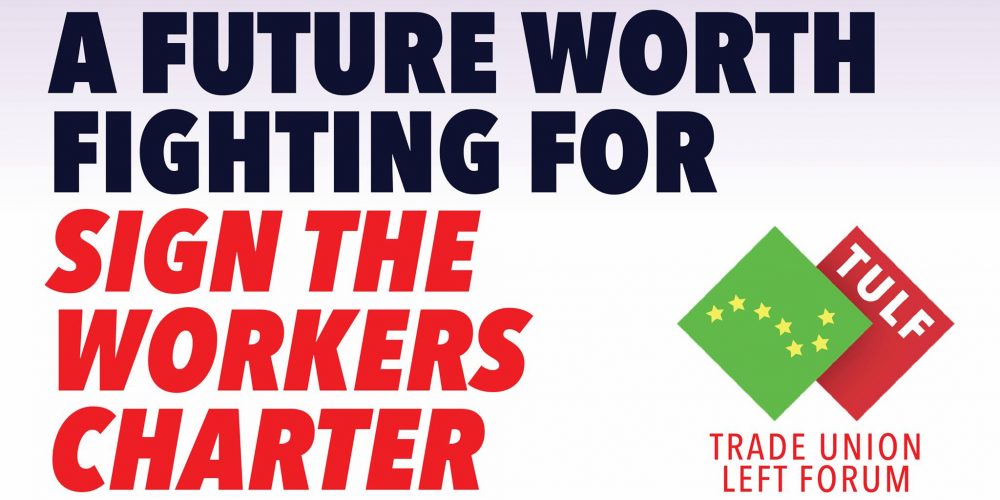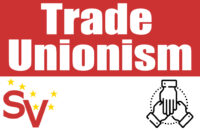There is increasing talk of “social dialogue” and an EU directive as an ambition of the trade union movement, and we need to be concerned about this.
Social dialogue, definitions aside, is in practice often a process of consultation, rather than negotiation, whereby a government or employer shares information and listens to feedback from stakeholders before making its decision. It doesn’t necessarily have the same procedures and institutions as collective bargaining attached to it, and so it limits the mechanisms through which unions can shape decisions.
Indeed social dialogue is not even necessarily with a trade union: it can be with a staff association, information and consultation committee, or works council, bodies that are often sponsored, dominated, financed or controlled by the employer.
In addition, social dialogue and such bodies as European works councils tend to start from the premise that there is a shared interest between workers and employers, and so the process of consultation is just to find the best shared goal—led, of course, by the clearly defined “reality” of the business. This accepts a unitarist and HR model of employee engagement and industrial relations and goes against centuries of what practical experience has taught us.
Social dialogue is very much a Continental European phenomenon, developed and propagated by the EU and its institutions as an employer-friendly approach to industrial relations.
The route by which we achieve success is as important as the outcome itself. To suggest that an EU directive on collective bargaining is the answer to Ireland’s trade union issues is to give up on our ability to win here and to promote EU supremacy over Irish political institutions—a dangerous route for the movement to pursue.
It is also pragmatically highly unlikely that the existing EU—the most right-wing ever—will deliver a positive directive. In fact it is more likely that a directive will seek to damage the stronger traditions of collective bargaining and so will be an anti-worker directive. We can, and must, secure this victory ourselves and through our own struggle, for it is through such struggle that we will revitalise this ailing movement.
This is not even to mention the failure of the European “social dialogue” model, as excellently outlined in the recent report by the European Trade Union Institute, “Bleak Prospects,” on the state of union membership and union density in Europe. This report makes it clear that workers in Ireland should not be looking to European examples of how to turn round the fortunes of the trade union movement.
We need to make our demand clear and simple. We want union recognition and collective bargaining here in Ireland, and won by Irish workers. And if this requires a constitutional amendment, well, so be it. Let’s embrace the opportunity to talk to every worker in the country about the importance and value of trade unions.
Mobilising and organising for winning a referendum is as important as winning itself, and could be the injection of life that this movement needs if it is to overcome its crisis of membership decline.
In addition to mandatory recognition and collective bargaining procedures we need a raft of other union rights to shift the balance of power and alter the political economy of Ireland, including:
- access to workers to discuss their constitutional right to join a union
- the right to represent workers in their work-place
- public procurement and state support to be contingent on union recognition
- facilities, time, support and paid training etc. for union reps
- anti-victimisation, including immediate reinstatement and significant financial penalties if proved
- replacing the Industrial Relations Act (1990) with new strike regulations allowing quicker time frames and permitting secondary and solidarity picketing and political picketing
- a health and safety inspectorate established by unions upon the request of workers, to include complaints about work-related stress.
We can build a campaign led by private-sector unions for a new Fair Work Act to deliver this. This would have the potential to genuinely transform the power dynamics between capital and labour and provide a platform on which a range of other vitally important demands can be made and built—for example, a “just transition” for jobs linked to radical action on climate change, and a mass state building programme of public housing to provide decent housing for all.






